
Andrey Feldman
Andrey got his B.Sc. and M.Sc. degrees in elementary particle physics from Novosibirsk State University in Russia, and a Ph.D. in string theory from the Weizmann Institute of Science in Israel. He works as a science writer, specializing in physics, space, and technology. His articles have been published in Elements, N+1, and AdvancedScienceNews.
Latest articles by Andrey Feldman
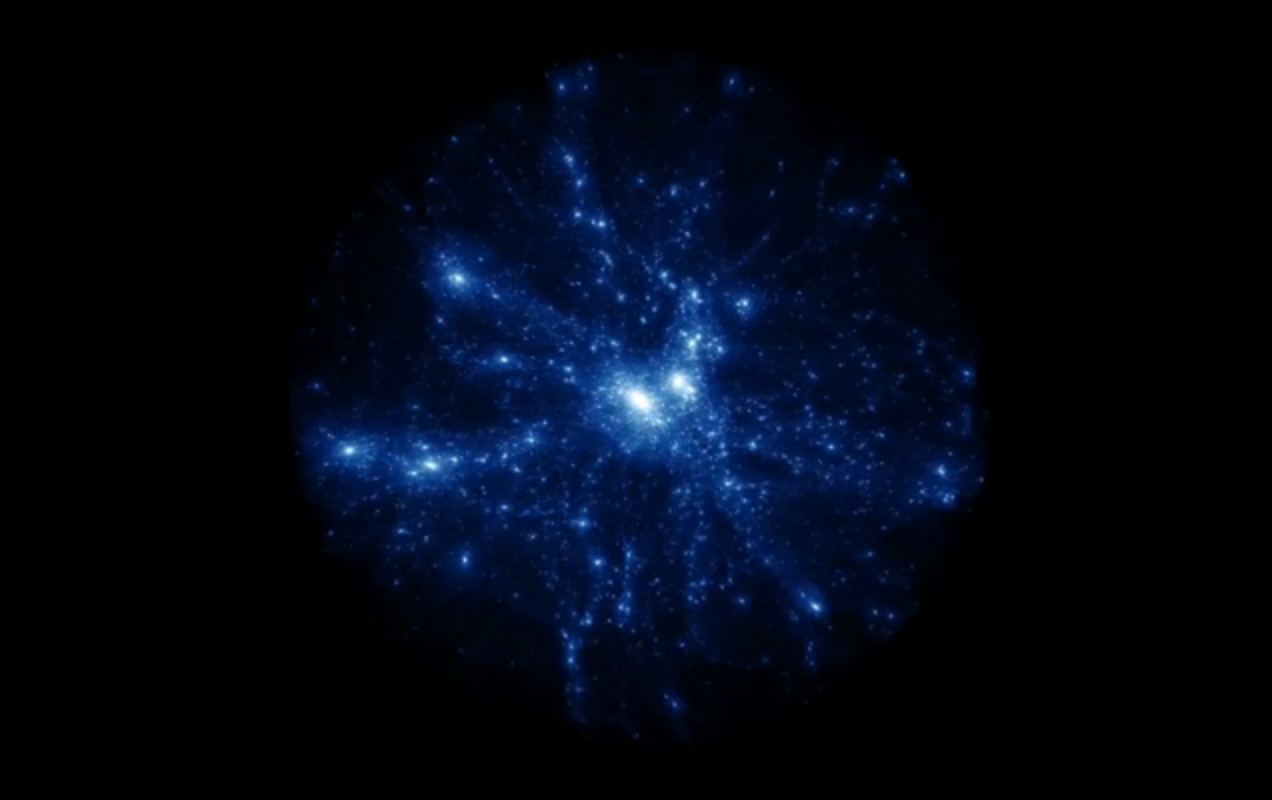
Cosmic voids may explain the universe's acceleration without dark energy
By Andrey Feldman published
New research suggests that dark energy isn't needed to explain the acceleration in the expansion of the universe — instead suggesting giant voids in space are creating an illusion.
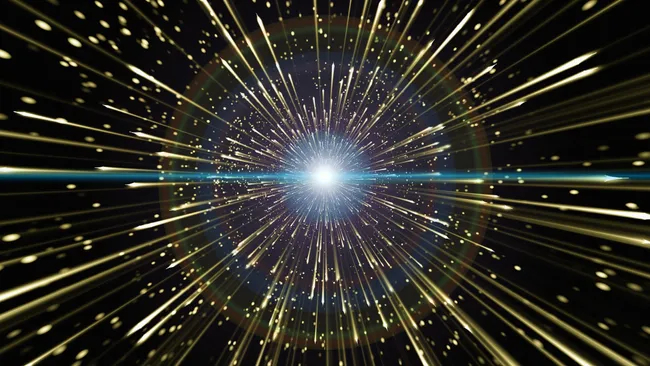
'Hawking radiation' may be erasing black holes. Watching it happen could reveal new physics.
By Andrey Feldman published
Primordial black holes may be exploding throughout the universe. If we can catch them in the act, it could pave the way to new physics, a study suggests.
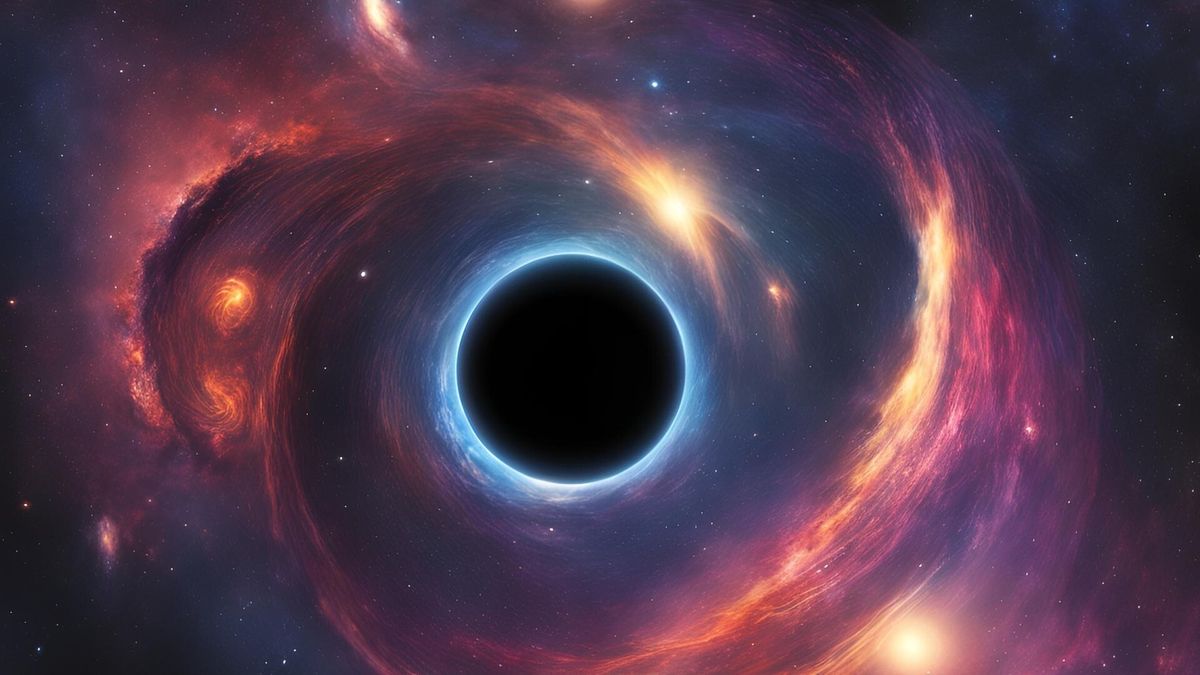
Study finds black holes made from light are impossible — challenging Einstein's theory of relativity
By Andrey Feldman published
New theoretical research finds that it's impossible to form a black hole with the energy of light particles alone, poking a hole in Einstein's theory of general relativity.
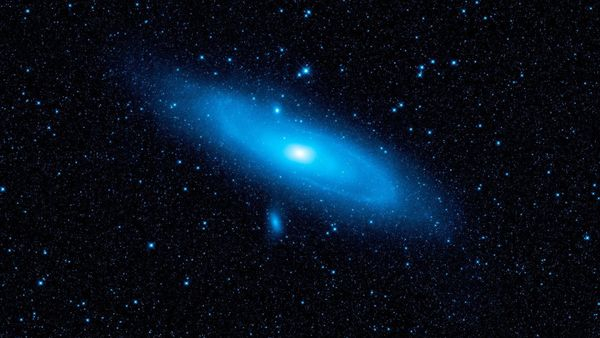
A new theory of quantum gravity could explain the biggest puzzle in cosmology, study suggests
By Andrey Feldman published
A new theory of quantum gravity, which attempts to unite quantum physics with Einstein's relativity, could help solve the puzzle of the universe's expansion, a theoretical paper suggests.
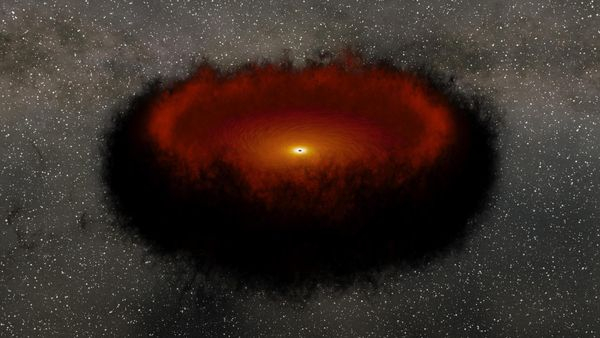
Black hole singularities defy physics. New research could finally do away with them.
By Andrey Feldman published
Black hole singularities defy the laws of physics. New research presents a bold solution to this puzzle: Black holes may actually be a theoretical type of star called a 'gravastar,' filled with universe-expanding dark energy.
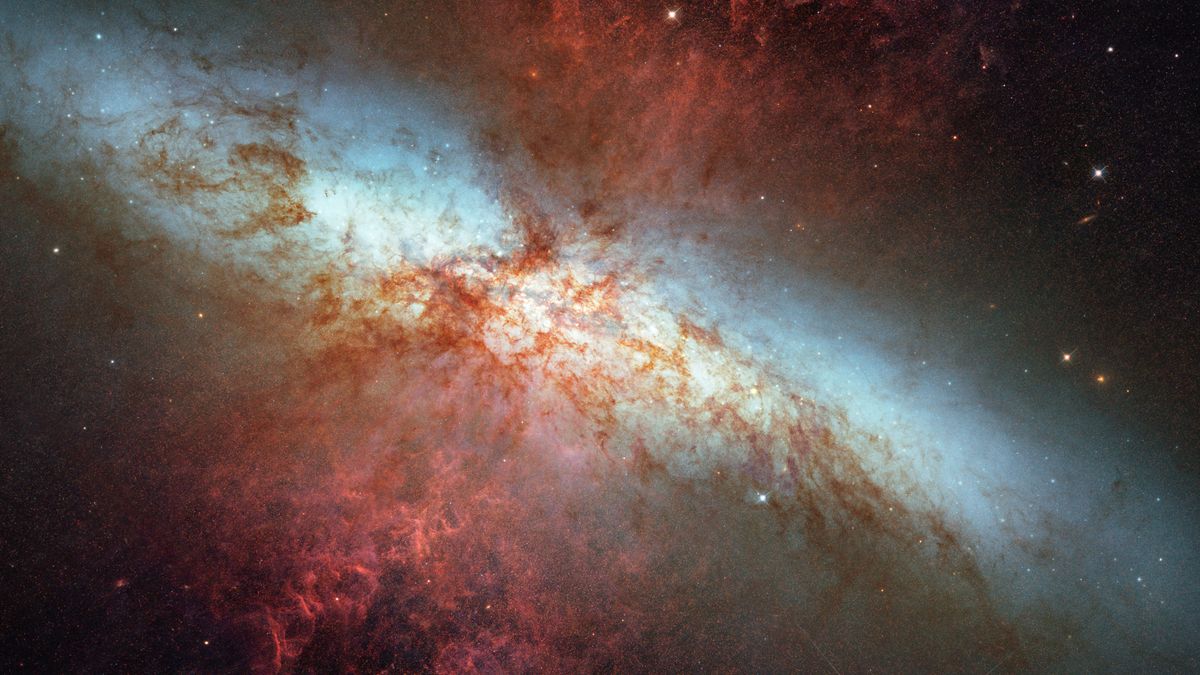
Mysterious 'unparticles' may be pushing the universe apart, new theoretical study suggests
By Andrey Feldman published
New theoretical research suggests that a mysterious form of matter called "unparticles" could be the driving force behind the expansion of the universe.
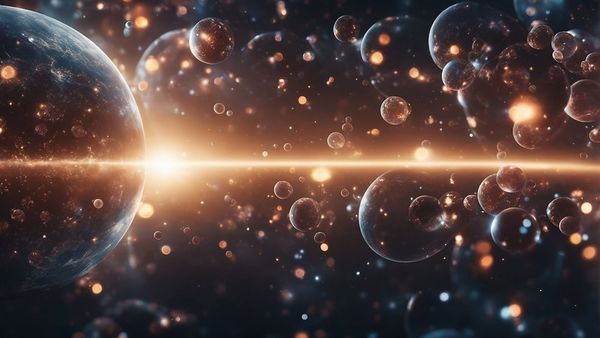
Our universe is merging with 'baby universes', causing it to expand, new theoretical study suggests
By Andrey Feldman published
The universe is expanding faster and faster, but not all scientists agree that dark energy is the cause. Perhaps, instead, our universe keeps colliding with and absorbing smaller 'baby universes,' a new theoretical study suggests.
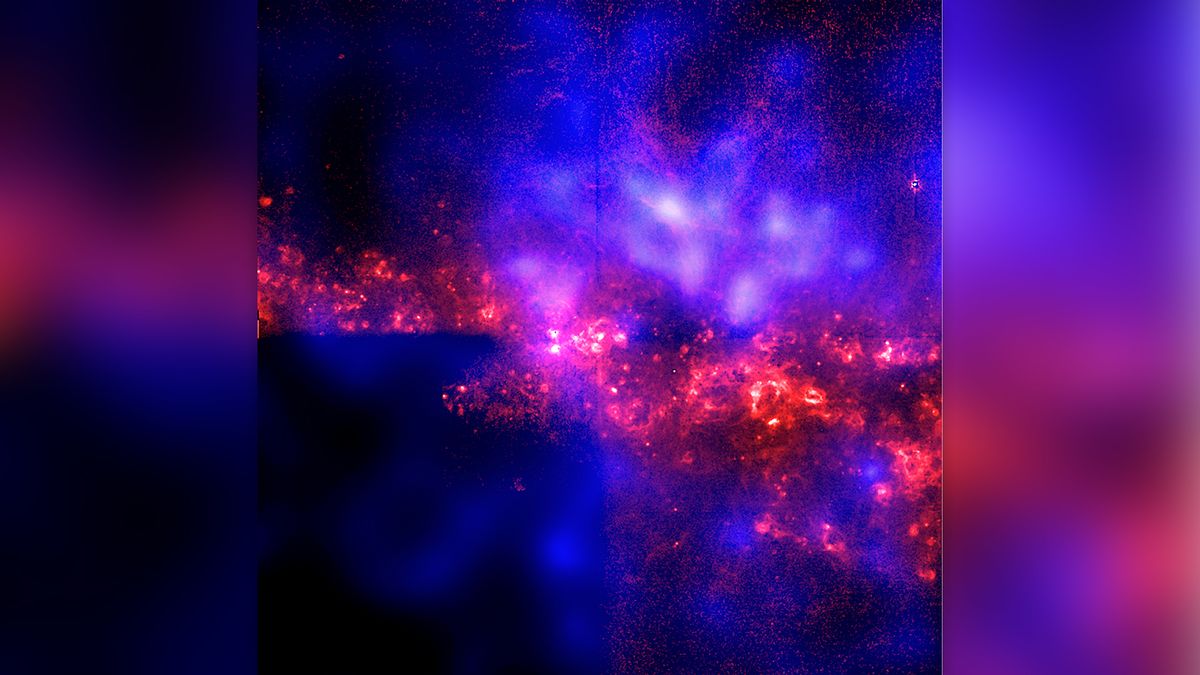
Dark matter could be gently wobbling space-time around us — and scientists may finally know how to detect it
By Andrey Feldman published
A new paper suggests we may finally be able to uncover the identity of dark matter using the same technology that detects ripples in space-time known as gravitational waves.
Get the Space.com Newsletter
Breaking space news, the latest updates on rocket launches, skywatching events and more!
